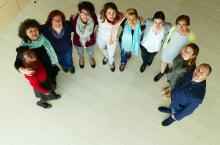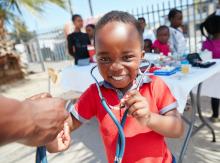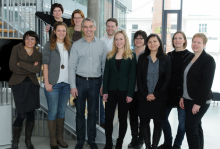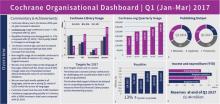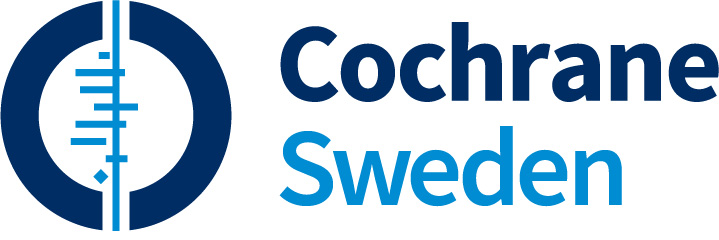In the words of Cochrane’s 2015 winner: “If you have an interesting article that you think fits the remit – submit it! Working in the field relevant to the Cochrane community, I know that there are many worthy articles out there for the award that are not considered because they are simply not submitted.” (Jamie Kirkham, Senior Lecturer in Medical Statistics at The University of Liverpool, UK.)
William (Bill) Silverman (1924-2004) was one of the founders of American neonatal medicine. He was honoured repeatedly as one of the pioneers in his specialty; however, he often evoked somewhat contradictory responses amongst his colleagues because he was in the habit of raising troubling questions about the scientific basis and ethics of his and their practices. Like many of the people who have helped to establish Cochrane, Bill Silverman could be regarded as a 'troublemaker'. As he reiterated frequently, however, criticism is a form of troublemaking that can help to drive progress. Furthermore, criticism should not be limited to examining the work of others, but should also include self-criticism.

Every year Cochrane recognizes the outstanding work of Bill Silverman with its own award. It is offered annually and explicitly acknowledges Cochrane's value of criticism, with a view to helping to improve its work, and thus achieve its aim of helping people make well-informed decisions about health care by providing the best possible evidence on the effects of healthcare interventions.
Jamie Kirkham, a Senior Lecturer Medical Statistics at The University of Liverpool, UK was the 2015 recipient of the Bill Silverman Prize.
He wanted to share with us a little more about his work, and what made him decide to enter for this prestigious Cochrane award.
My first introduction to Cochrane was at the Cochrane Colloquium in Dublin 2006. I’d only recently started a Research Associate post in Liverpool. It was all new, but the work of Cochrane was very relevant to my research post. I’ve been a regular attender to the Colloquium since, and I’m now a member of numerous Cochrane Methods Groups. A colleague of mine won the Bill Silverman Prize at the Colloquium in Freiburg – I think this was the first time I became aware of this award.
Can you tell us a little more about what made you decide to enter for the Prize and the process involved?
At the time I felt the research submitted was a good contender for the award, it was published in the BMJ. The article criticized what systematic reviewers and trialists do badly in terms of the selective reporting of harm outcomes with suggestions for improvement – true to the character of Bill Silverman. There is also a bit of a competitive side to me – I won the Thomas Chalmers Award a few years earlier, I thought it would be nice to try and pick up the pair!
How did it feel to win? What does this award mean you, personally?
This is an interesting one. The Bill Silverman committee were pretty late in making the announcement in 2015, and I found out just before boarding the flight to the Colloquium in Austria! I was pretty thrilled – it’s an International award and I already had an airport beer in hand! My wife works for the Cochrane Editorial Unit - I may have mentioned it once or twice during the Colloquium, I was probably pretty annoying…
What’s been the impact of winning the Prize?
Winning the award is a good additional to the CV, particularly when it comes to promotions. It makes both you and your work stand out.
If you have an interesting article that you think fits the remit – submit it! Working in the field relevant to the Cochrane community, I know that there are many worthy articles out there for the award that are not considered because they are simply not submitted. As a current member of the Bill Silverman Panel, providing a structured justification on why you think the article is suitable for the award is of paramount importance – this demonstrates that the authors have thought more about the issues that need to be addressed.
Click here for more information and to submit a nomination before 30 June.





